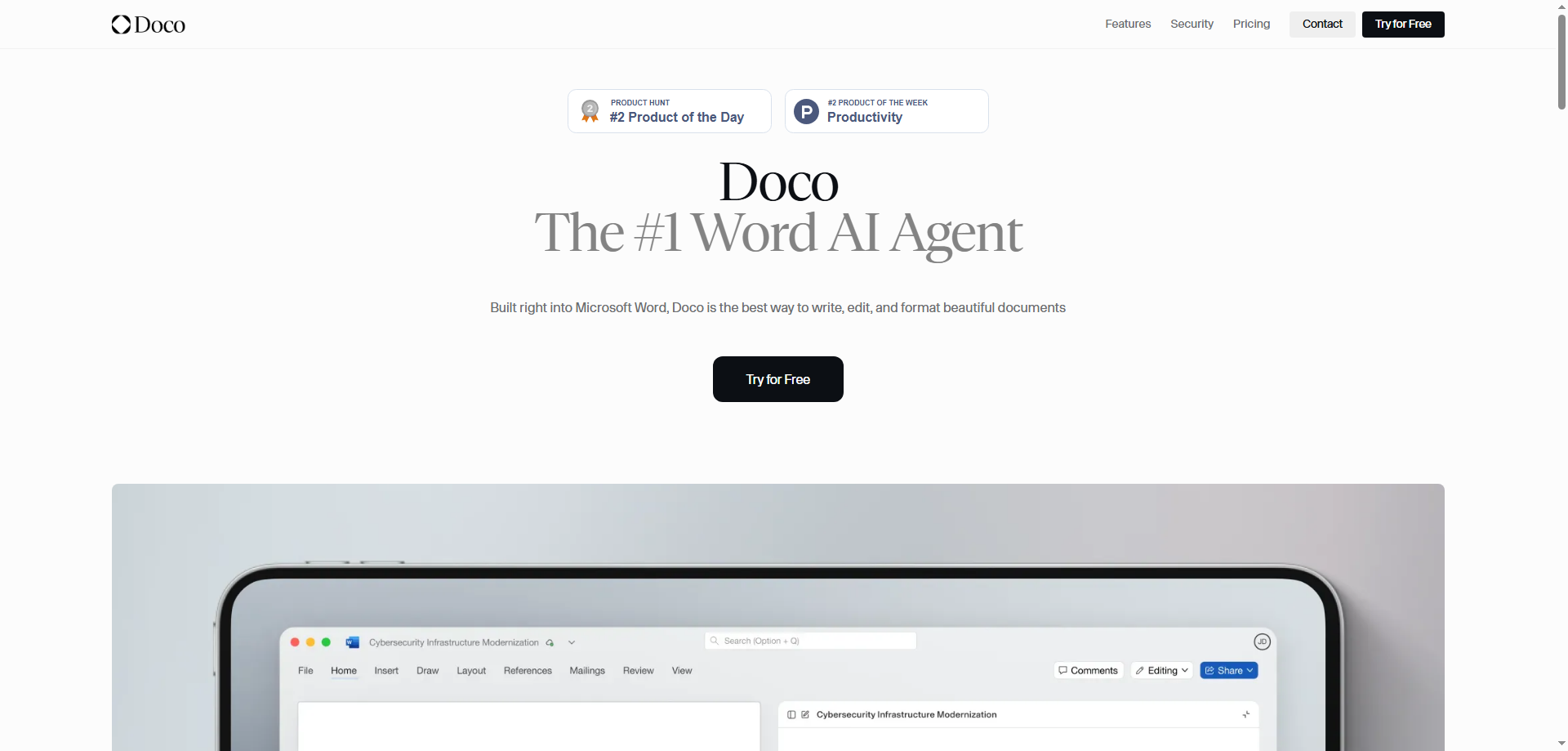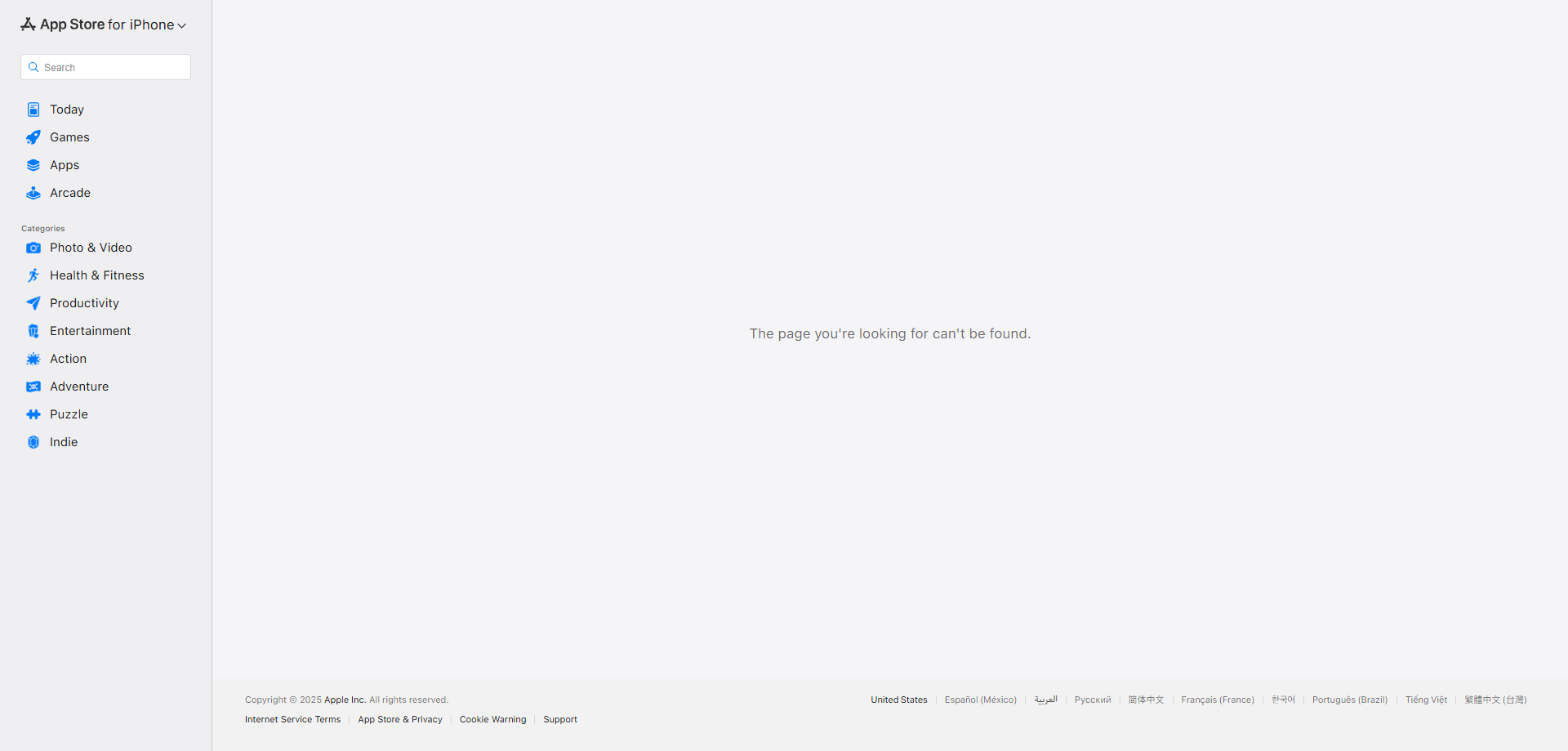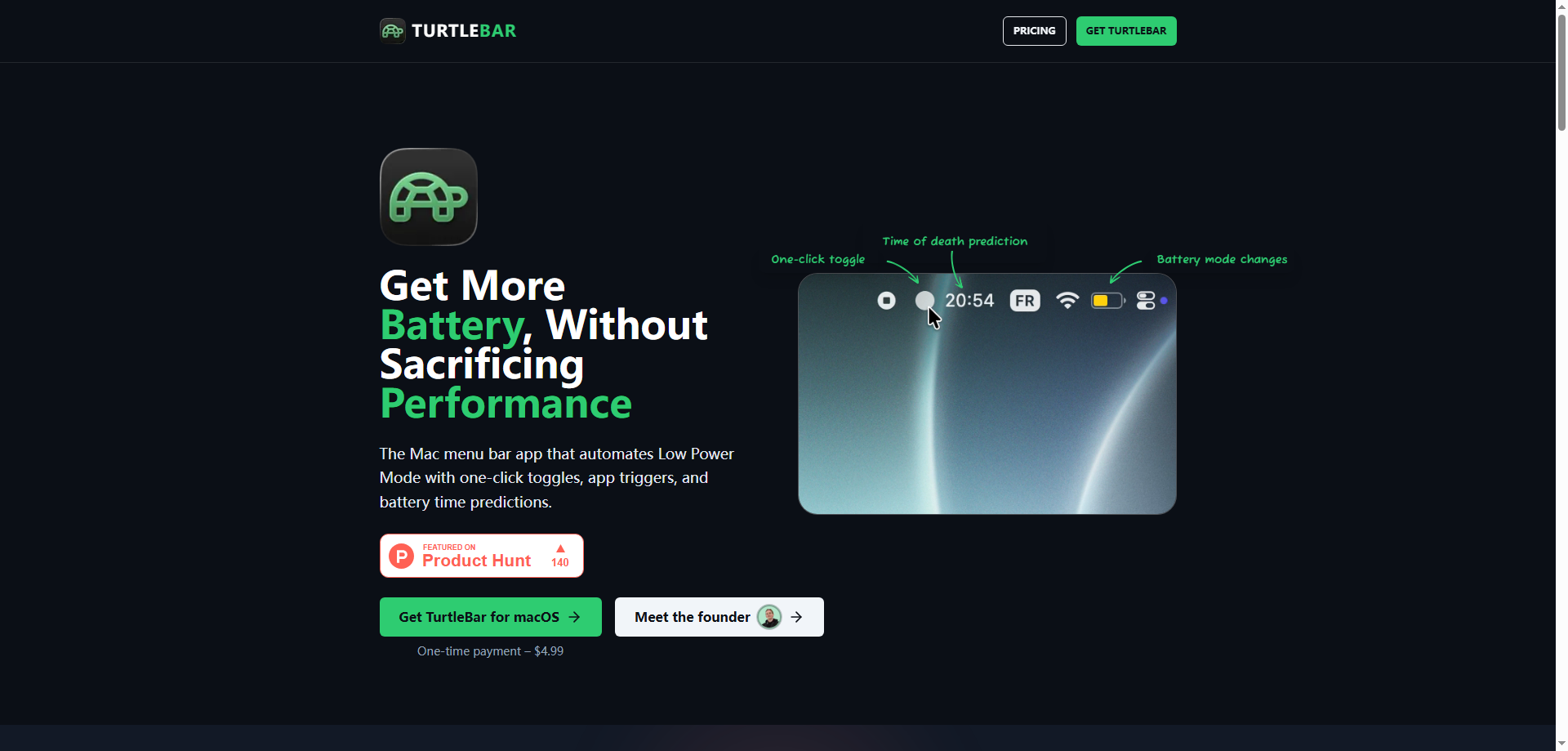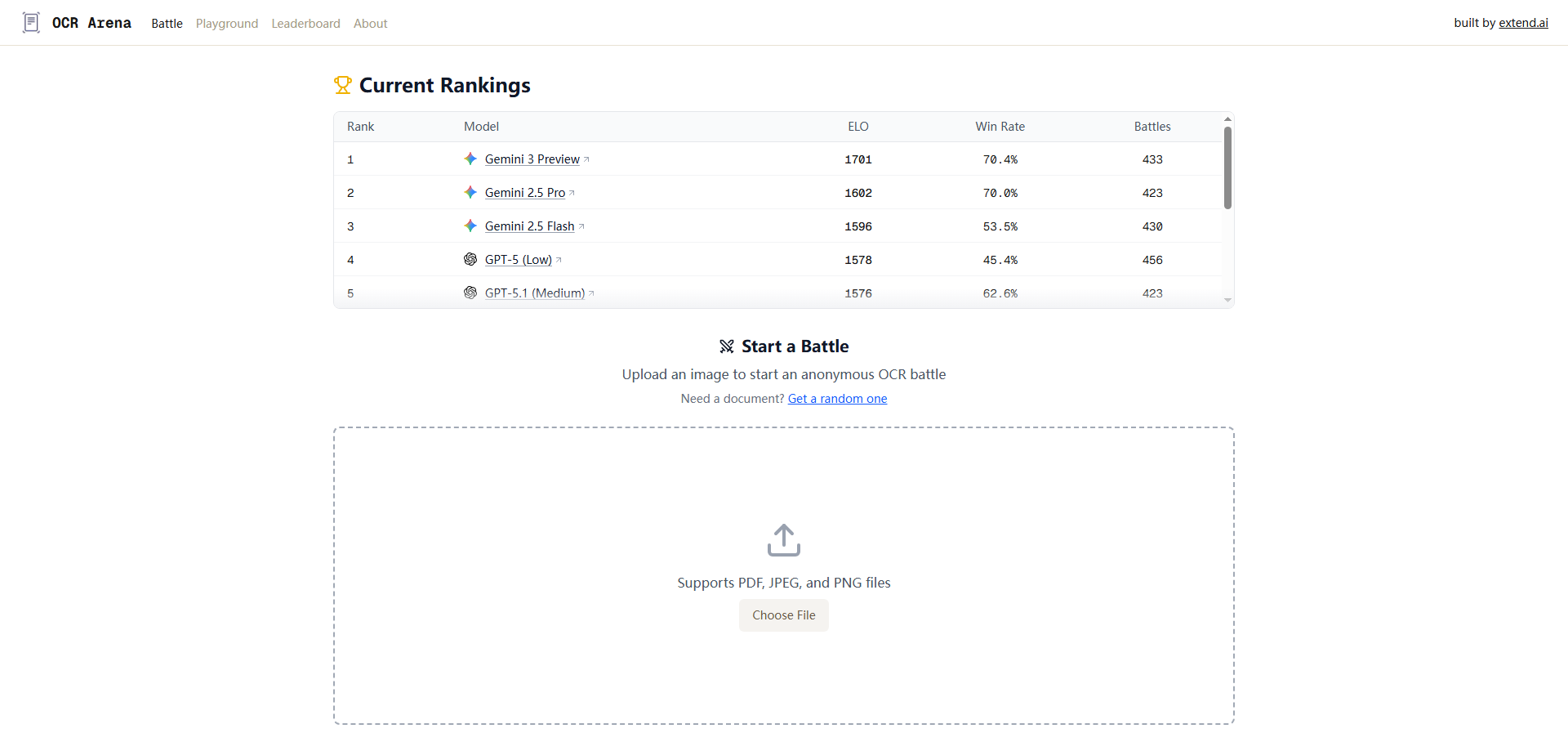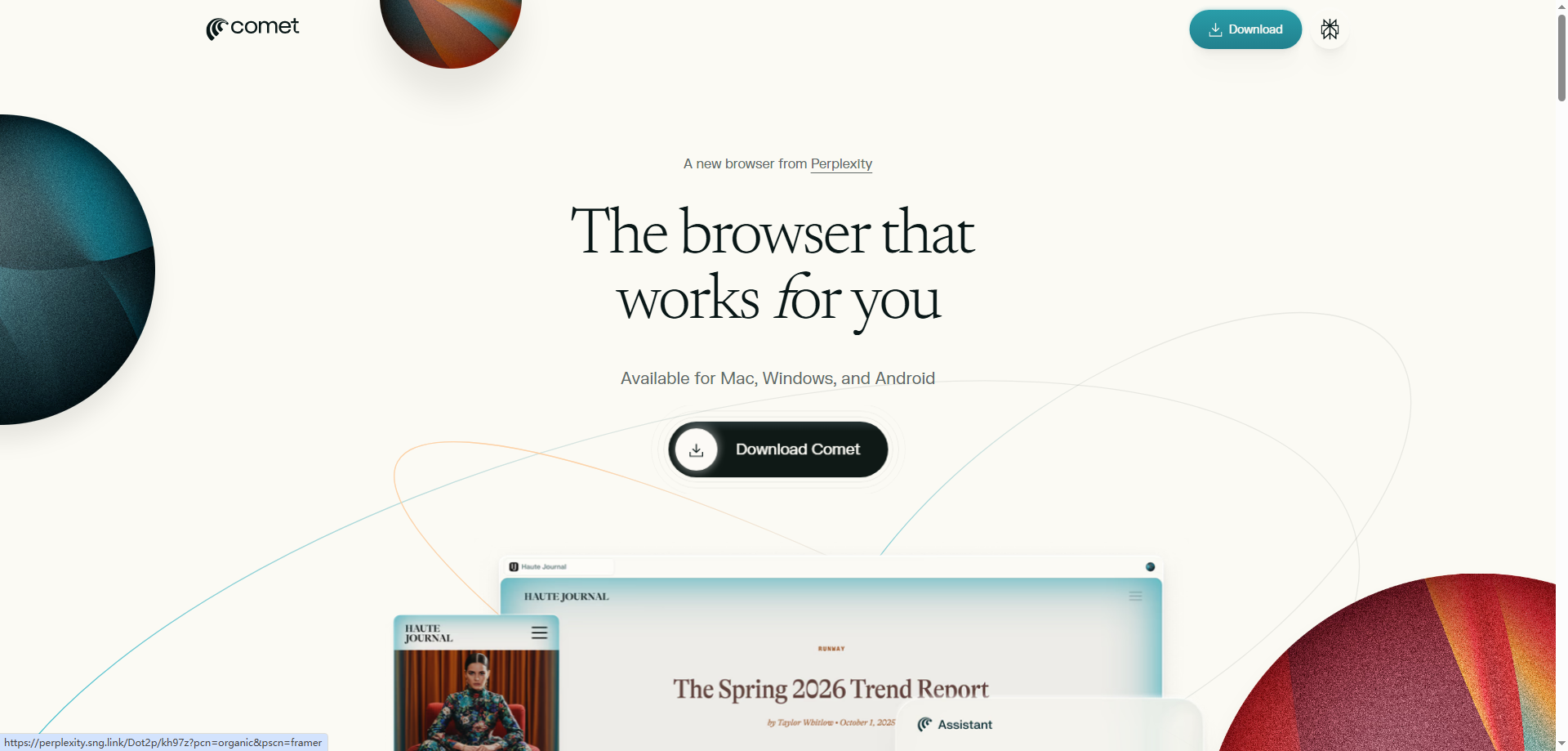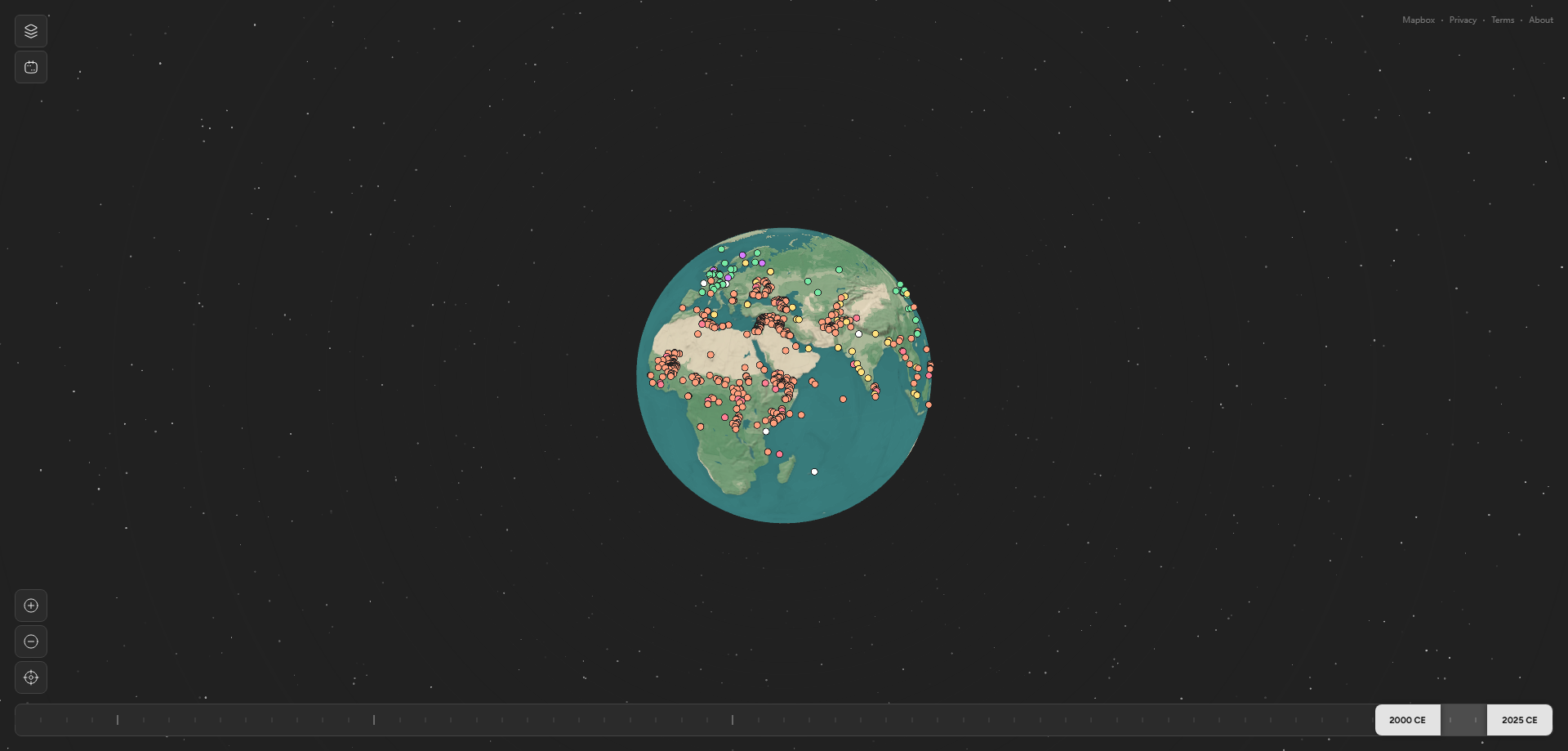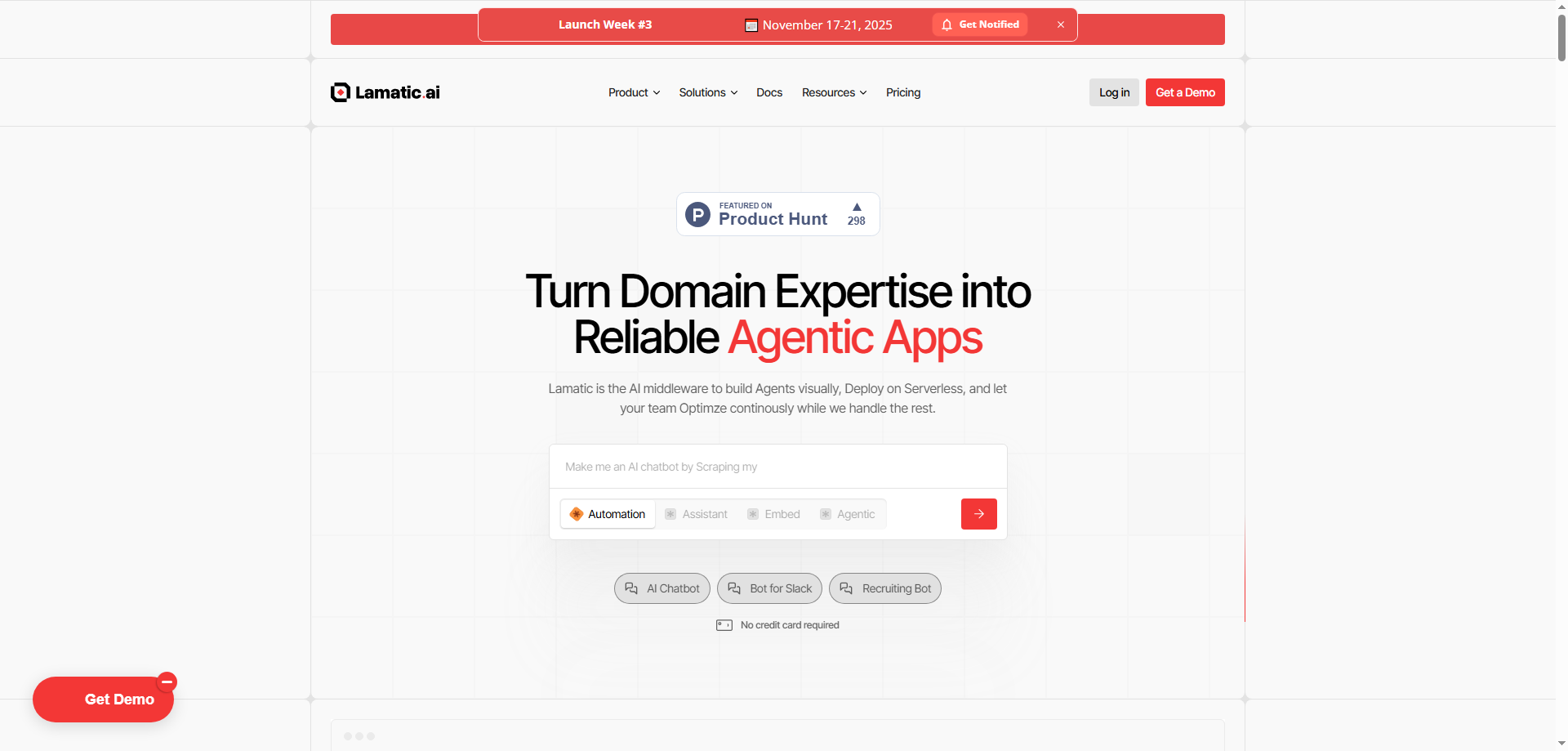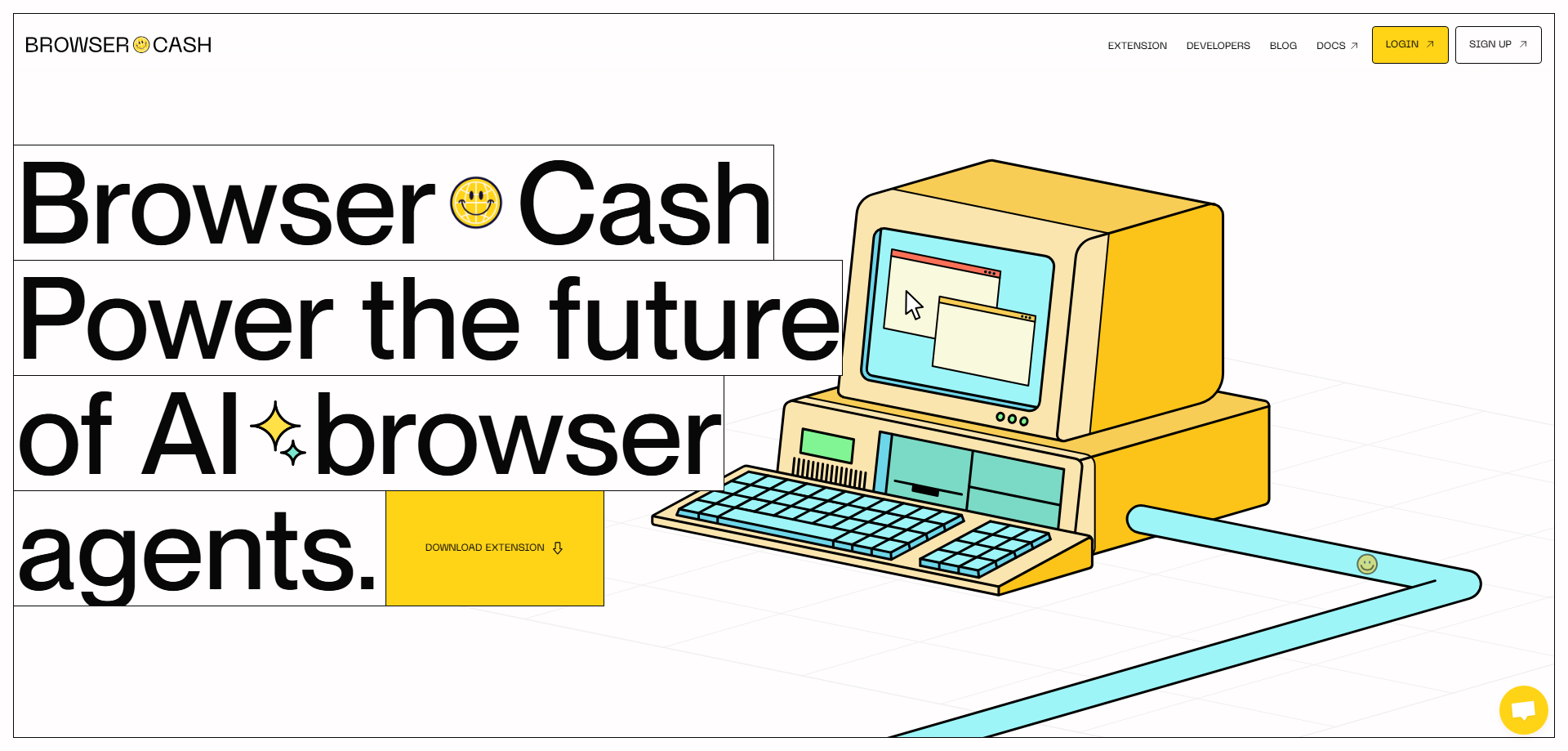The Creative Leap: From Writing Assistant to Autonomous Agent
When I first heard about Doco Agent Mode, I thought it was just another AI writing assistant for Word. But after using it, I realized they've done something genuinely creative—they've transformed the traditional "AI helper" into an autonomous AI agent that can actually take over your document workflow.
The creative brilliance here is in rethinking what an AI writing assistant should be. Most AI document tools, including Word's built-in Copilot, operate as suggestion engines. You ask for help, they generate content, you copy-paste or accept suggestions, and then you manually handle formatting, adjustments, and refinements. It's a collaborative back-and-forth that still requires substantial human input at every step.
Doco Agent Mode flips this model entirely. Instead of assisting you, it operates autonomously. You assign complex, multi-step tasks, and the AI agent executes them sequentially without constant human intervention. This shift from "assistant" to "agent" represents a fundamental reimagining of how AI can interact with document creation.
What I find particularly creative is the integration with Word's track changes feature. When Doco Agent Mode makes edits, it enables revision mode automatically, so you can see exactly what changed. This addresses a major concern with AI document editing—trust. I can review the AI's work before accepting it, maintaining control while still benefiting from automation. This thoughtful implementation shows deep understanding of how professionals actually work with documents.
The multi-step task execution capability is where the creative value really shines. Traditional Word AI assistants handle one request at a time. Need to rewrite a paragraph, adjust formatting, and fix headers? That's three separate interactions. With Doco Agent Mode, I can say "Make this section more professional, change all headers to blue, and standardize the font sizes," and the AI document assistant understands this as a sequence of related tasks to execute in order.
This workflow automation approach transforms document creation from a series of manual steps into a single instruction that the AI agent decomposes and executes autonomously. That's genuinely creative thinking about how to apply AI to knowledge work.
I'm also impressed by how Doco Agent Mode positions itself within the Microsoft Word ecosystem rather than trying to replace it. They're not building yet another document editor competing with Word. Instead, they're enhancing the tool millions already use daily. This "augment the existing tool" strategy is smart—it eliminates migration friction and taps into established workflows.
The timing is creative too. We're at an inflection point where AI capabilities have advanced enough to handle complex, multi-step reasoning, but most document tools haven't caught up. Doco Agent Mode exploits this gap by bringing true autonomous capability to document automation before Microsoft or Google fully implement it in their native offerings.
From a user experience perspective, the creative value is in removing cognitive load. Document creation involves dozens of micro-decisions—formatting choices, word selection, structural adjustments. Each decision consumes mental energy. By handling these automatically based on higher-level instructions, Doco Agent Mode preserves your cognitive resources for the creative and strategic aspects of writing.
Can Doco Agent Mode Disrupt Document Creation Workflows?
Examining Doco Agent Mode's potential to replace existing solutions, I see both significant opportunities and important competitive challenges. Let me analyze where this autonomous AI for Word could genuinely disrupt and where it faces limitations.
Versus Microsoft Word's Built-in Copilot: Microsoft has been integrating AI directly into Word through Copilot, but from what I've seen, Copilot still operates more as a suggestion engine than an autonomous agent. You ask it to generate content or rewrite sections, but it doesn't handle multi-step workflow automation or format changes in the same autonomous way.
If Doco Agent Mode truly delivers on the promise of complex, multi-step task execution with track changes integration, it could offer capabilities beyond what Word's native AI currently provides. This creates a window of opportunity for disruption among power users who need more sophisticated document automation.
However, the massive risk is that Microsoft could simply add these autonomous agent capabilities to Copilot in a future update. They own the platform, have virtually unlimited resources, and can integrate more deeply with Word's internals than any third-party tool. Doco Agent Mode's advantage is temporary unless they can continuously innovate faster than Microsoft.
Versus Grammarly and ProWritingAid: These established tools focus primarily on grammar, style, and clarity suggestions. They don't handle the formatting automation or multi-step workflow execution that Doco Agent Mode offers. For users who need comprehensive document automation beyond just writing improvement, Doco provides capabilities these tools simply don't address.
The challenge is that Grammarly has massive brand recognition and 30+ million users. Even if Doco offers superior capabilities, awareness and adoption barriers are substantial. They're fighting for attention in a crowded market where users already have writing assistant tools they're comfortable with.
Versus ChatGPT or Claude for Writing: Many people currently use standalone AI chatbots for writing assistance—drafting content in ChatGPT, then copying into Word and manually formatting. This workflow is clunky and requires constant context switching. Doco Agent Mode's integration directly within Word eliminates this friction, providing similar AI capabilities without leaving your document.
The disruption potential here is strong because the pain point is real. Anyone who's used ChatGPT for professional writing knows the frustration of the copy-paste-format cycle. An AI writing assistant that operates natively within Word while maintaining the autonomous capabilities of modern LLMs could genuinely replace this fragmented workflow.
Versus Manual Document Formatting: For many knowledge workers, document formatting consumes surprising amounts of time—adjusting headers, standardizing fonts, fixing spacing, ensuring consistency. If Doco Agent Mode can reliably automate these tedious tasks through simple instructions, it replaces hours of manual work.
I've personally spent far too much time making sure all headers in a document use the same style, or ensuring consistent spacing between sections. An AI agent that can execute "standardize all formatting" as a single instruction would be tremendously valuable.
Where Doco Agent Mode Likely Won't Replace Existing Tools: For simple writing tasks or casual document creation, the autonomous agent approach might be overkill. Sometimes you just need basic spell-check or a quick suggestion, not a multi-step workflow automation. Lightweight tools will remain relevant for straightforward use cases.
Additionally, industries with strict compliance requirements might resist AI-driven document editing, even with track changes enabled. Legal, medical, and regulated industries often require human-verified accuracy at every step. The autonomous nature of Doco Agent Mode might actually be a barrier in these contexts.
The Real Disruption Scenario: I believe Doco Agent Mode's biggest disruption potential lies in transforming how professionals approach document creation. Currently, most people think of documents as things they personally write and format. Doco Agent Mode could shift this mindset to viewing documents as things you instruct an AI agent to create and refine based on your strategic direction.
This mental model shift—from "I write documents" to "I direct an AI agent in document creation"—could be genuinely transformative for knowledge work. If Doco successfully establishes this new paradigm before competitors, they could define a category and become the default solution.
However, this disruption requires overcoming significant inertia. Changing how people fundamentally think about document creation is much harder than just offering a better tool. Education, marketing, and sustained evangelism are necessary.
User Acceptance: Will People Trust an Autonomous Document Agent?
From a practical needs perspective, I have mixed feelings about Doco Agent Mode's acceptance potential. The tool addresses real needs, but autonomous AI in document creation raises genuine concerns that could limit adoption.
The Power User Segment: I see strong acceptance potential among professional writers, researchers, consultants, and anyone who creates complex, formatted documents regularly. These users understand the pain of document workflow inefficiency and are actively seeking solutions. If Doco Agent Mode delivers reliable automation, they'll embrace it enthusiastically.
I personally fit this category—I create dozens of documents monthly, and formatting consistency is a constant pain point. The promise of saying "standardize all headers and make this section more formal" and having it happen automatically is incredibly appealing. This segment will be early adopters if execution is solid.
The Corporate Knowledge Worker: Professionals in business environments who produce reports, proposals, and presentations could benefit enormously from intelligent document automation. The ability to assign complex editing tasks and have them executed autonomously could save hours weekly.
However, corporate adoption faces hurdles. IT departments are cautious about third-party Word add-ins, especially those using AI and potentially accessing sensitive document content. Data privacy, security, and compliance concerns will slow enterprise acceptance significantly. Doco needs enterprise-grade security and privacy assurances to penetrate corporate environments.
The Trust Challenge: Here's my biggest concern about user acceptance: will people trust an autonomous AI agent to edit their documents without constant supervision? The track changes integration helps, but reviewing every change an AI makes defeats the purpose of automation. Users need confidence that Doco won't introduce errors, inappropriate content, or formatting disasters.
Building this trust requires flawless execution. One viral story about Doco Agent Mode making embarrassing mistakes in an important document could devastate adoption. The bar for reliability is extremely high because documents often carry professional consequences.
The Learning Curve: While Doco Agent Mode promises to simplify document creation, it requires learning a new interaction model. Users need to understand how to structure multi-step instructions, what the AI agent can and cannot do, and how to effectively review changes. This learning curve could deter casual users who just want simple writing assistance.
The 135 upvotes and 10 discussions on Product Hunt suggest moderate interest but not overwhelming enthusiasm. This might reflect that the autonomous agent concept feels futuristic or intimidating to many users. The relatively low discussion count could indicate people aren't quite sure how to think about this product yet.
Acceptance Drivers: Several factors could accelerate adoption:
Concrete time savings: If users can document and share specific examples like "Doco saved me 2 hours formatting this report," that creates compelling ROI justification.
Seamless integration: If setup is trivial and Doco feels like a natural part of Word rather than a clunky add-on, adoption friction reduces dramatically.
Reliability demonstrations: Case studies, testimonials, and perhaps even a free trial that lets users experience the autonomous capability firsthand would build confidence.
Acceptance Barriers: Several factors could limit adoption:
Privacy concerns: Users will want clear answers about what data Doco accesses, whether documents are stored externally, and how AI training works. Any ambiguity here kills trust.
Cost sensitivity: If pricing is high, users will question whether the value justifies adding another subscription to their already crowded SaaS stack.
Microsoft competition: As mentioned earlier, users might hesitate to invest in learning Doco if they expect Microsoft to add similar features to Copilot soon.
Overall, I believe acceptance will be strong among document-heavy professionals actively seeking productivity improvements, but mainstream adoption requires overcoming significant trust, privacy, and awareness barriers. The product needs to prove itself through exceptional execution and clear value demonstration.
Survival Rating: 3/5 Stars ⭐⭐⭐
Evaluating Doco Agent Mode's one-year survival prospects, I'm giving it 3 out of 5 stars. This middle-ground rating reflects genuine capability and market need balanced against serious competitive threats and execution challenges. Let me explain my reasoning.
The Opportunities
Clear Value Proposition: Document workflow automation addresses real, frequent pain points. Anyone who's spent hours formatting documents or making repetitive edits understands the value immediately. This clarity helps with marketing and user education.
First-Mover Advantage in Autonomous Agents for Word: While AI writing assistants are common, truly autonomous multi-step agents for Word are still relatively rare. Being early to this capability could establish Doco as the category leader before competition intensifies.
Growing AI Acceptance: Users are increasingly comfortable with AI handling complex tasks. The success of ChatGPT, GitHub Copilot, and similar tools has normalized AI automation. This cultural shift creates favorable conditions for autonomous document agents.
Complementary to Existing Workflows: Doco works within Word rather than replacing it, which reduces adoption friction. Users don't need to abandon familiar tools or learn entirely new software.
Potential for Viral Growth: If the product works exceptionally well, satisfied users will naturally share "look what I automated" examples on social media, driving organic awareness and growth within professional communities.
The Risks
Microsoft's Existential Threat: This is my primary concern. Microsoft owns Word and is heavily investing in AI. They could add autonomous agent capabilities to Copilot at any time, potentially making Doco redundant overnight. Competing with the platform owner is always precarious.
Even if Microsoft's implementation is initially inferior, their distribution advantage is overwhelming. They can push updates to hundreds of millions of Word users automatically. Doco needs continuous innovation and differentiation to survive Microsoft's inevitable competitive response.
Execution Complexity: Building reliable autonomous agents is technically difficult. The AI needs to correctly interpret complex, multi-step instructions, execute them in proper sequence, and handle edge cases gracefully. If Doco frequently misinterprets instructions or produces poor results, users will abandon it quickly.
Document editing involves nuanced decisions about tone, structure, and formatting that are difficult for AI to navigate perfectly. The autonomous nature means errors can propagate through multiple steps before humans catch them. Maintaining quality at scale is challenging.
Limited Addressable Market: Doco targets people who use Microsoft Word for complex document creation regularly. That's a substantial but not unlimited market. Casual Word users won't need autonomous agents, and many professionals use alternative tools like Google Docs, Notion, or specialized publishing software.
Monetization Pressure: Developing sophisticated AI capabilities is expensive—LLM costs, engineering talent, infrastructure. Doco needs to charge enough to sustain operations while remaining affordable enough for individual users and small teams. Finding the right pricing balance is tricky.
Privacy and Security Scrutiny: Enterprise customers will demand rigorous security audits, compliance certifications, and clear data handling policies. Building this enterprise-grade infrastructure requires significant investment. Any security incident would be catastrophic.
Brand Awareness Challenge: Competing against established names like Grammarly, Microsoft Copilot, and ChatGPT requires substantial marketing investment. Building awareness and credibility in an already crowded AI writing space is difficult without significant funding.
What Needs to Happen
For Doco Agent Mode to survive and thrive over the next year:
-
Demonstrate reliable accuracy: The autonomous agent must consistently produce high-quality results across diverse document types and instructions. Early users need to become evangelists based on exceptional experiences.
-
Establish clear differentiation: Doco needs to identify specific capabilities or use cases where they're demonstrably superior to alternatives, then market these aggressively.
-
Build enterprise credibility: Security certifications, case studies from recognizable companies, and clear privacy policies are essential for corporate adoption beyond individual users.
-
Iterate rapidly: As Microsoft and others enhance their AI document capabilities, Doco must continuously innovate to stay ahead. Stagnation means obsolescence.
-
Create content and education: Users need to understand what autonomous agents can do and how to use them effectively. Tutorials, examples, and success stories are crucial for driving adoption.
-
Secure adequate funding: Competing in this space requires resources. Whether through revenue or investment, Doco needs capital to sustain development and marketing.
My Honest Assessment
I'm giving 3 out of 5 stars because Doco Agent Mode has genuine merit but faces existential competitive threats. The product appears well-conceived and addresses real needs, but survival depends heavily on factors beyond product quality—primarily Microsoft's strategic decisions and Doco's ability to maintain differentiation.
The most likely scenarios I envision:
Niche success (35% probability): Doco carves out a sustainable position among power users and document-heavy professionals who need capabilities beyond what Microsoft provides natively. They survive as a specialized tool with a loyal but limited user base.
Acquisition (25% probability): If execution is strong, Microsoft or another large company might acquire Doco to absorb the technology and team rather than competing directly. This is actually a successful exit even if the brand disappears.
Competitive pressure (25% probability): Microsoft adds similar capabilities to Copilot, making Doco's differentiation harder to maintain. Growth stalls, and the product either pivots to new capabilities or gradually fades as an independent offering.
Struggle to gain traction (15% probability): Despite solid technology, Doco fails to achieve sufficient adoption due to awareness challenges, trust barriers, or execution issues. The product limps along without achieving breakout growth or sustainability.
The 3-star rating reflects this uncertainty. The product has potential, but the path to lasting success is narrow and depends on excellent execution plus some fortunate timing.
Final Thoughts
After thoroughly analyzing Doco Agent Mode, I'm intrigued by the vision of autonomous AI agents transforming document workflows. The shift from AI assistant to AI agent represents genuine innovation in how we think about document creation software.
For professionals who create complex, formatted documents regularly—researchers, consultants, analysts, writers—Doco Agent Mode could deliver substantial productivity gains. The ability to assign multi-step editing and formatting tasks and have them executed autonomously is genuinely appealing.
However, I remain cautious about long-term survival prospects. Competing with Microsoft in the Word ecosystem is inherently risky. The company needs to execute flawlessly, innovate continuously, and build defensible differentiation faster than Microsoft can respond.
For potential users, I'd recommend trying Doco Agent Mode if you frequently work with complex Word documents and are comfortable with AI automation. The track changes integration provides safety, and the potential time savings could be significant. Just be aware that this category is evolving rapidly, and the competitive landscape could shift dramatically.
I'll be watching to see whether Doco Agent Mode can establish itself as the autonomous document agent standard before larger competitors close the gap. The next year will be telling for this ambitious attempt to reinvent how we create documents.
